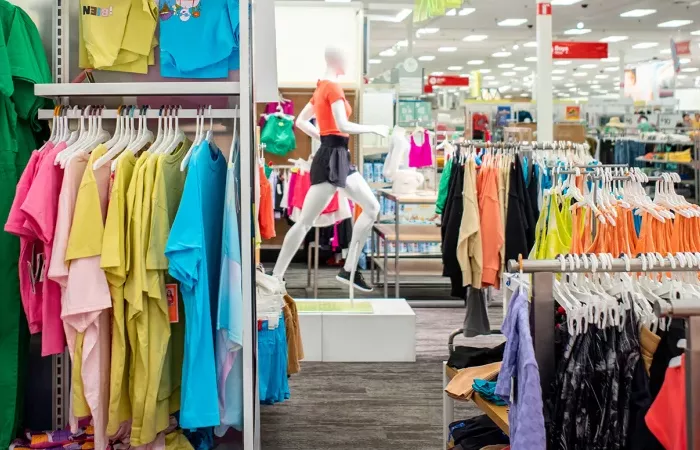For years, Pride Month was a high-profile marketing opportunity for major brands, with rainbow-themed merchandise, social media campaigns, and corporate sponsorships of LGBTQ+ events. But this June, many retailers are dialing back their public celebrations—a shift driven by fears of political and consumer backlash.
According to a survey by risk advisory firm Gravity Research, 39% of over 200 corporate executives plan to reduce Pride-related engagements this year, including event sponsorships, social media campaigns, and themed product lines. The retreat reflects mounting pressure from conservative activists, Republican-aligned legal groups, and the Trump administration, which has threatened investigations into corporate diversity initiatives.
The Backlash Effect
High-profile controversies in 2023 left brands wary. Bud Light faced boycotts and sinking sales after partnering with transgender influencer Dylan Mulvaney, while Target removed LGBTQ+ merchandise from stores following threats to employees and misinformation about products being marketed to children. Both incidents led to financial losses and legal challenges, prompting brands to reassess their strategies.
This year, Target is offering Pride collections only in “select stores” and online, a quieter rollout compared to past years. Similarly, Kohl’s, which previously donated $100,000 to LGBTQ+ youth suicide prevention group The Trevor Project, has not announced any Pride initiatives for 2024. Macy’s is participating in Pride events but avoiding public announcements, and brands like Gap and Nordstrom (which later confirmed a Pride collection after CNN’s inquiry) have been less visible.
Behind-the-Scenes Support
Despite muted public displays, companies insist they remain committed to LGBTQ+ inclusion internally. Only 14% of firms plan to cut back on internal Pride programming, per Gravity Research. Advocacy groups note that corporations are focusing on employee retention, recruitment, and behind-the-scenes partnerships rather than splashy campaigns.
“Corporates aren’t walking away from the LGBTQ+ community—they’re trying to avoid becoming the next Target or Bud Light,” said Sarah Kate Ellis, president of GLAAD. “They’re embedding support deeper into their organizations.”
Risks of Retreat
LGBTQ+ advocates warn that brands risk alienating a growing demographic. Nearly 10% of U.S. adults now identify as LGBTQ+, and consumers increasingly favor companies with progressive values.
“Brands that backtrack under pressure lose credibility,” said Eric Bloem of the Human Rights Campaign, citing declines in corporate participation in LGBTQ+ workplace equality rankings.
As political tensions escalate, companies face a delicate balancing act: navigating partisan backlash while retaining LGBTQ+ employees and customers. For now, many are choosing caution over visibility—a stark contrast to Pride’s traditionally unapologetic celebrations.
Related topics:

